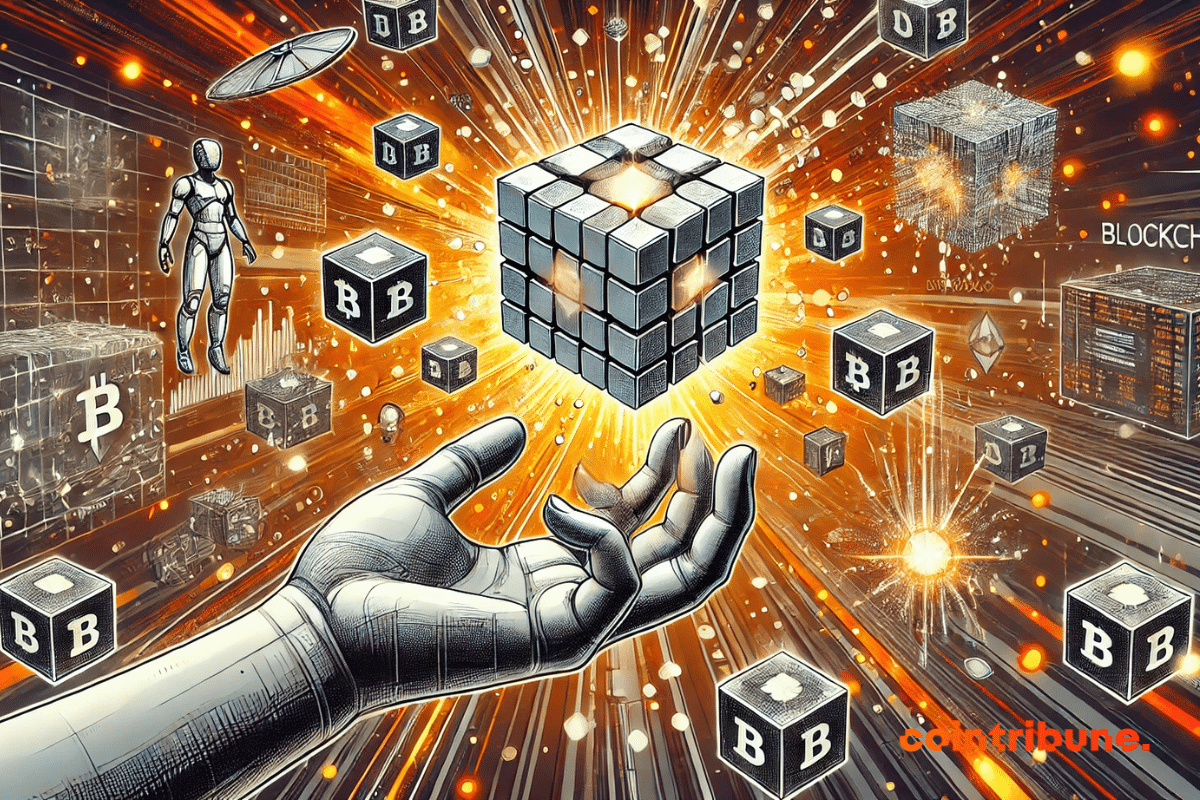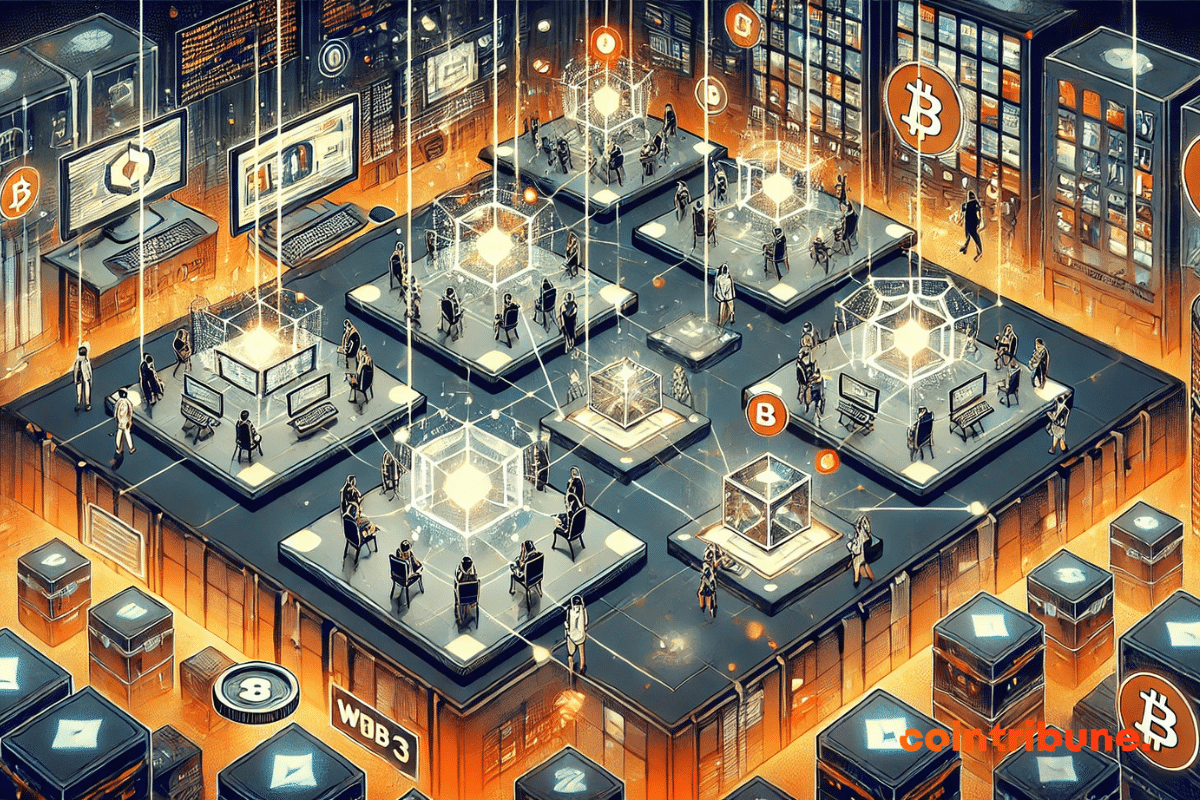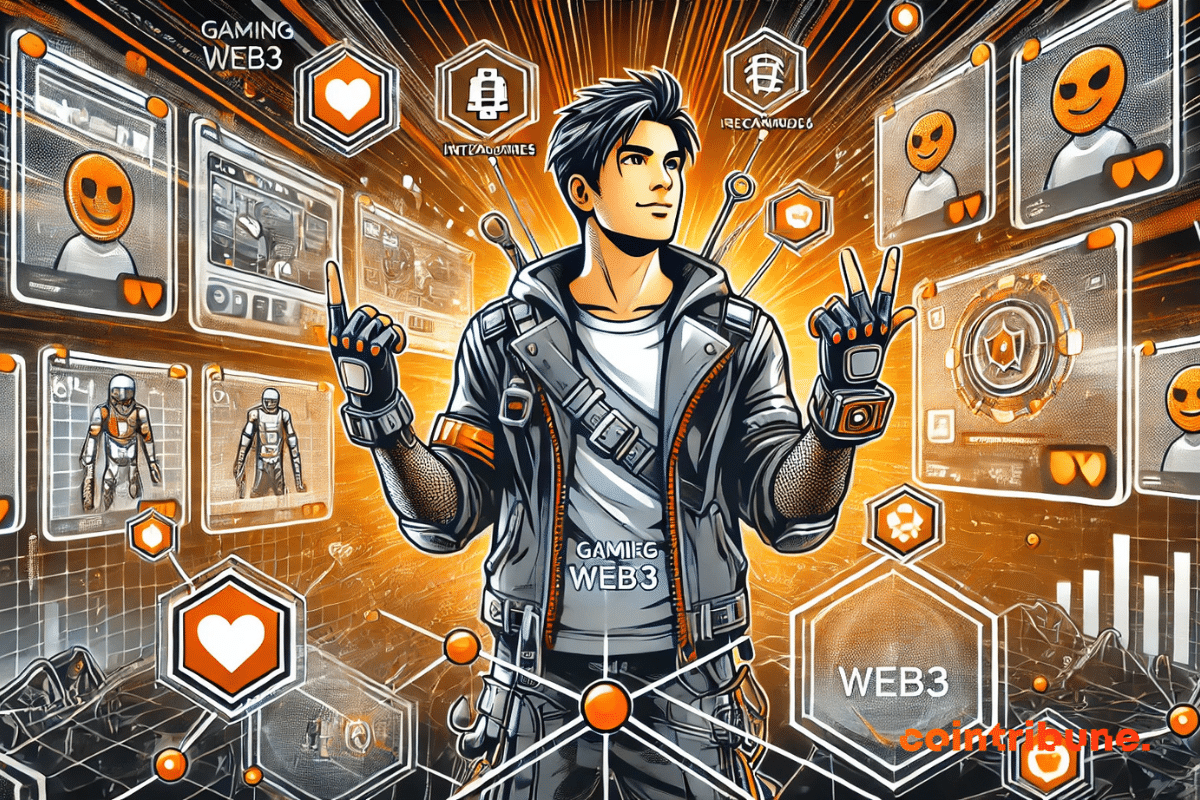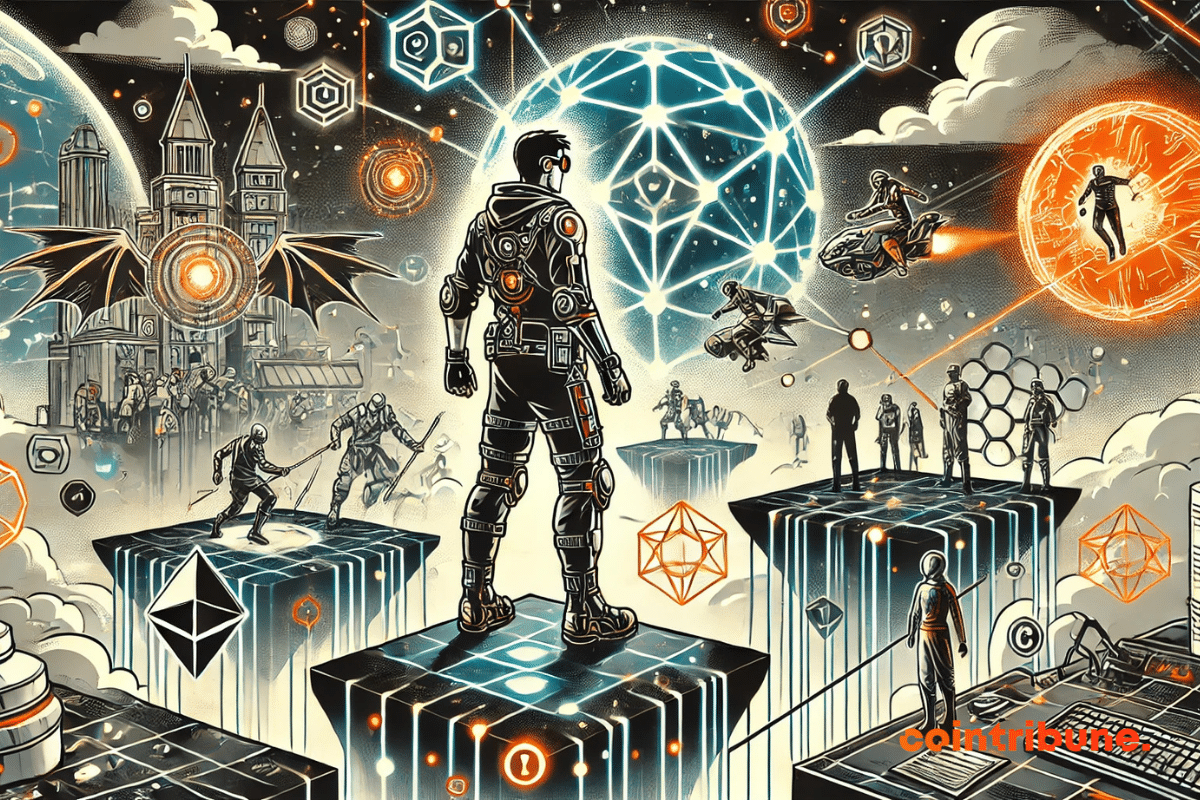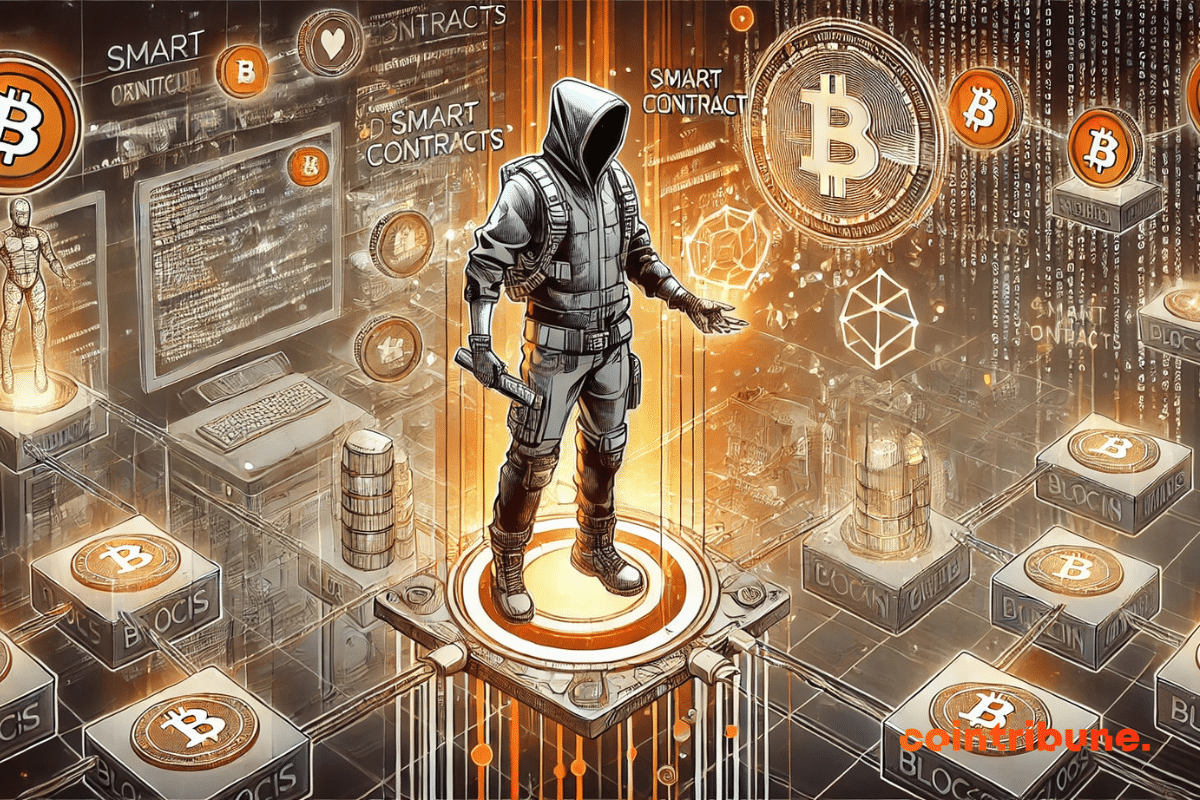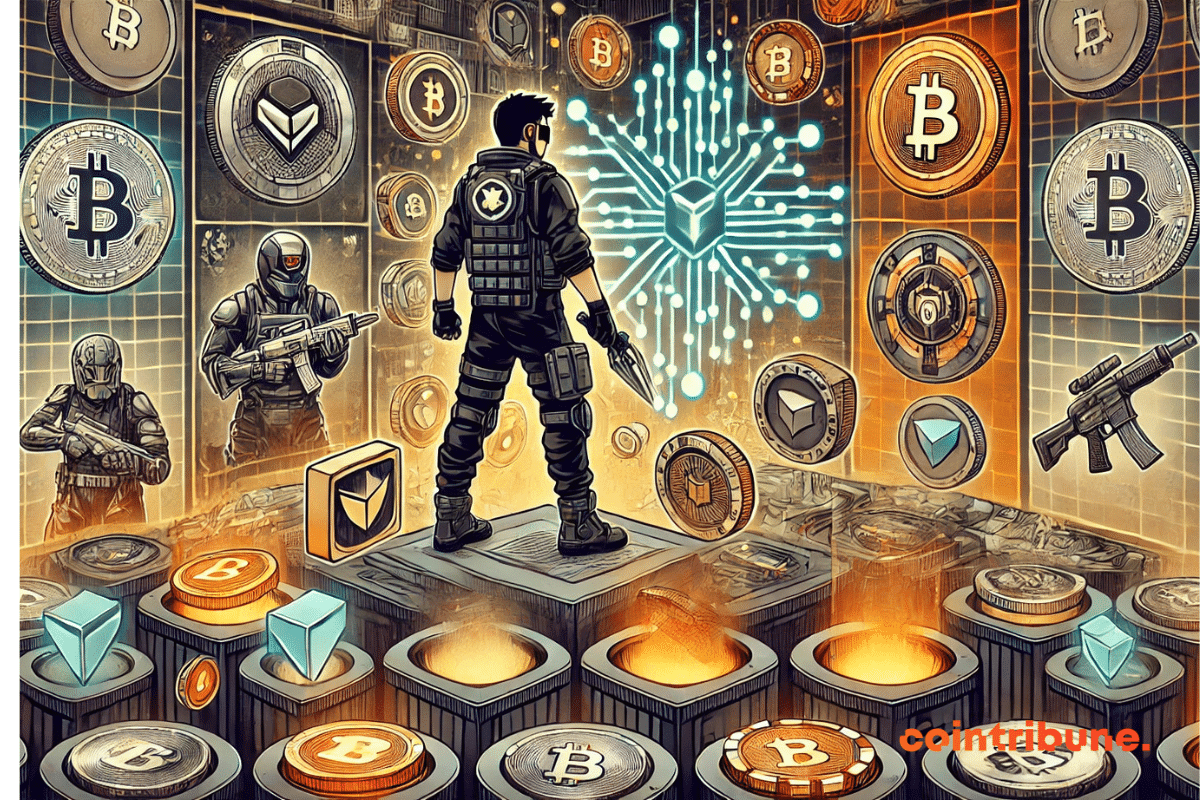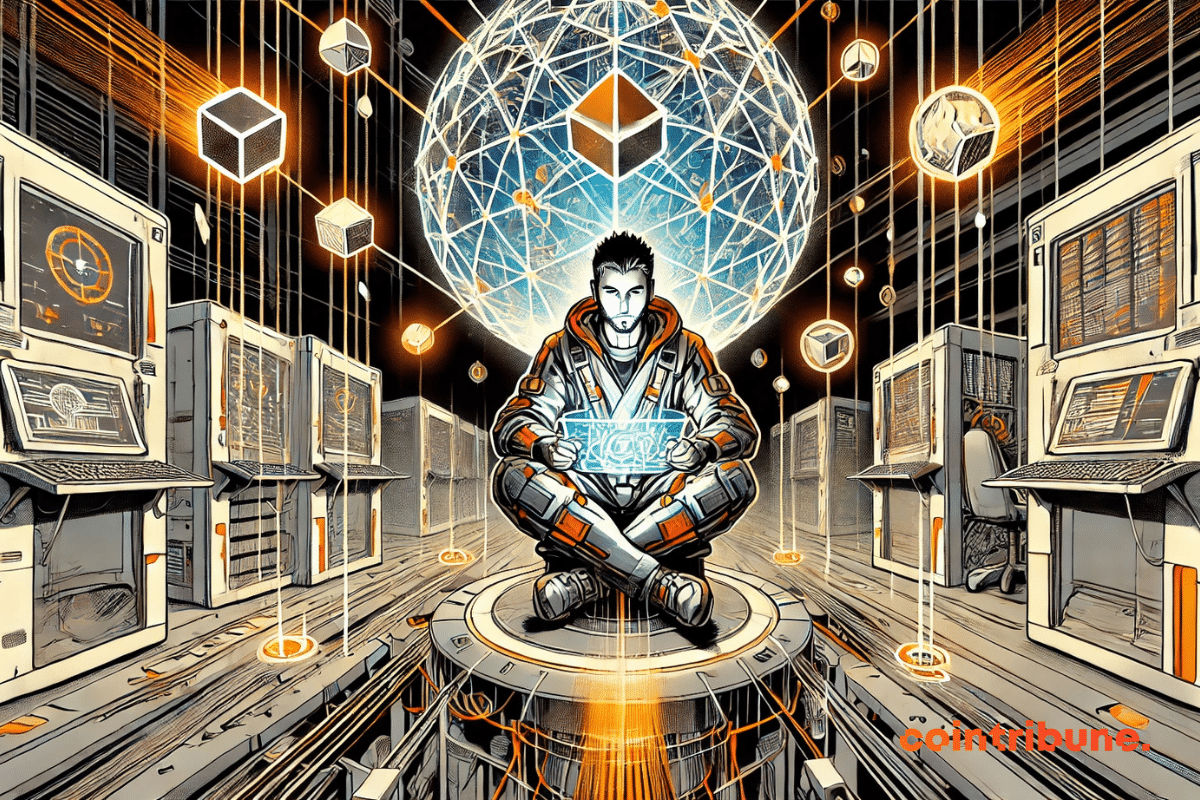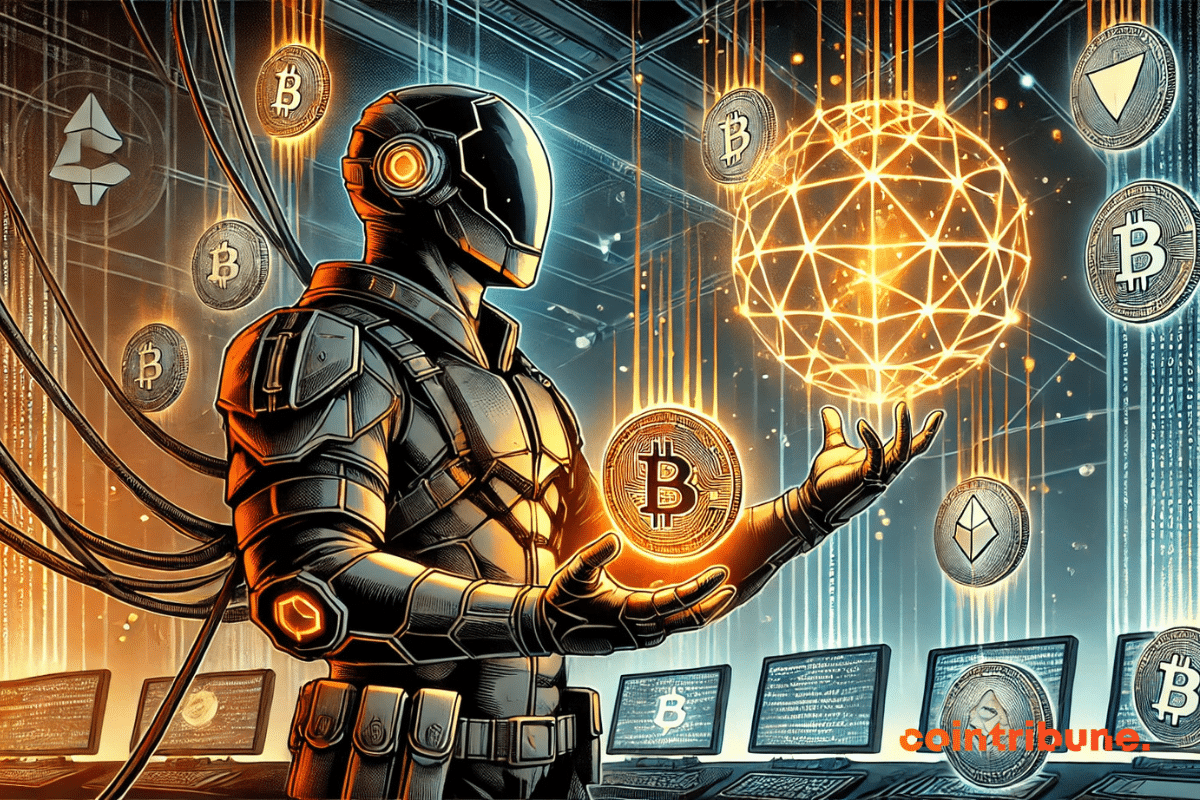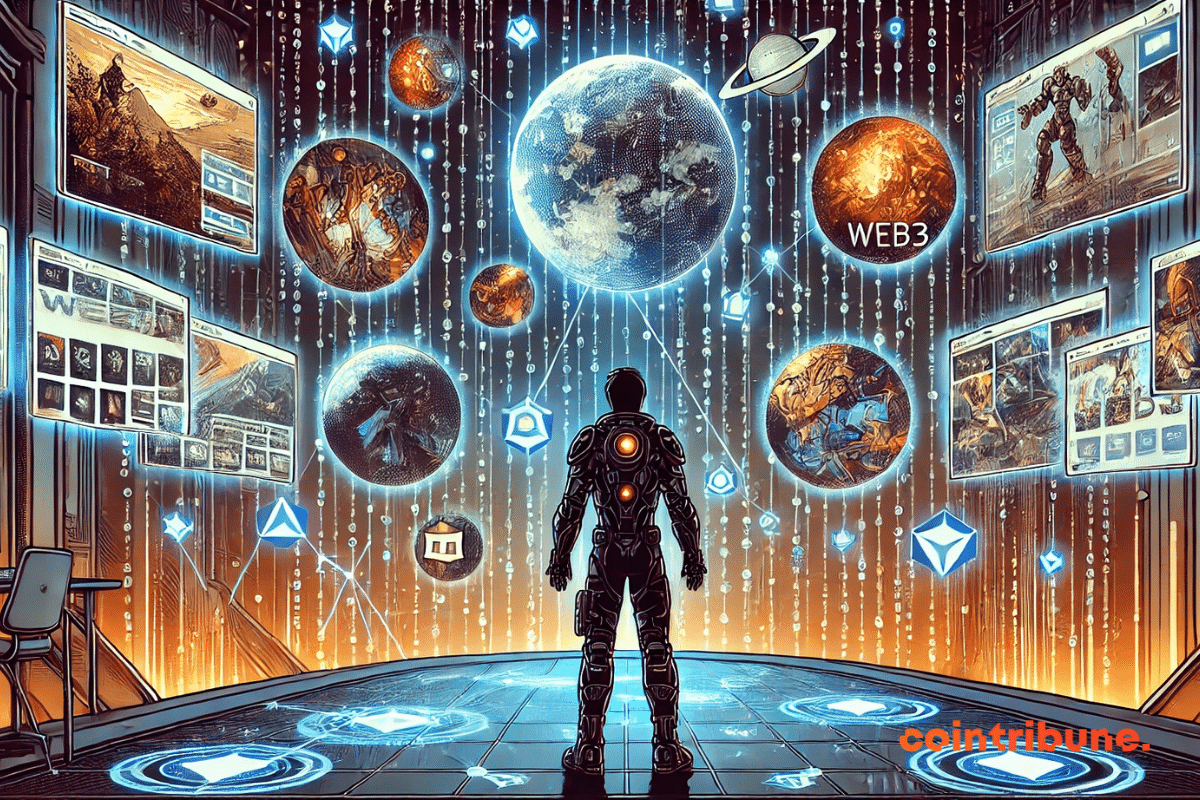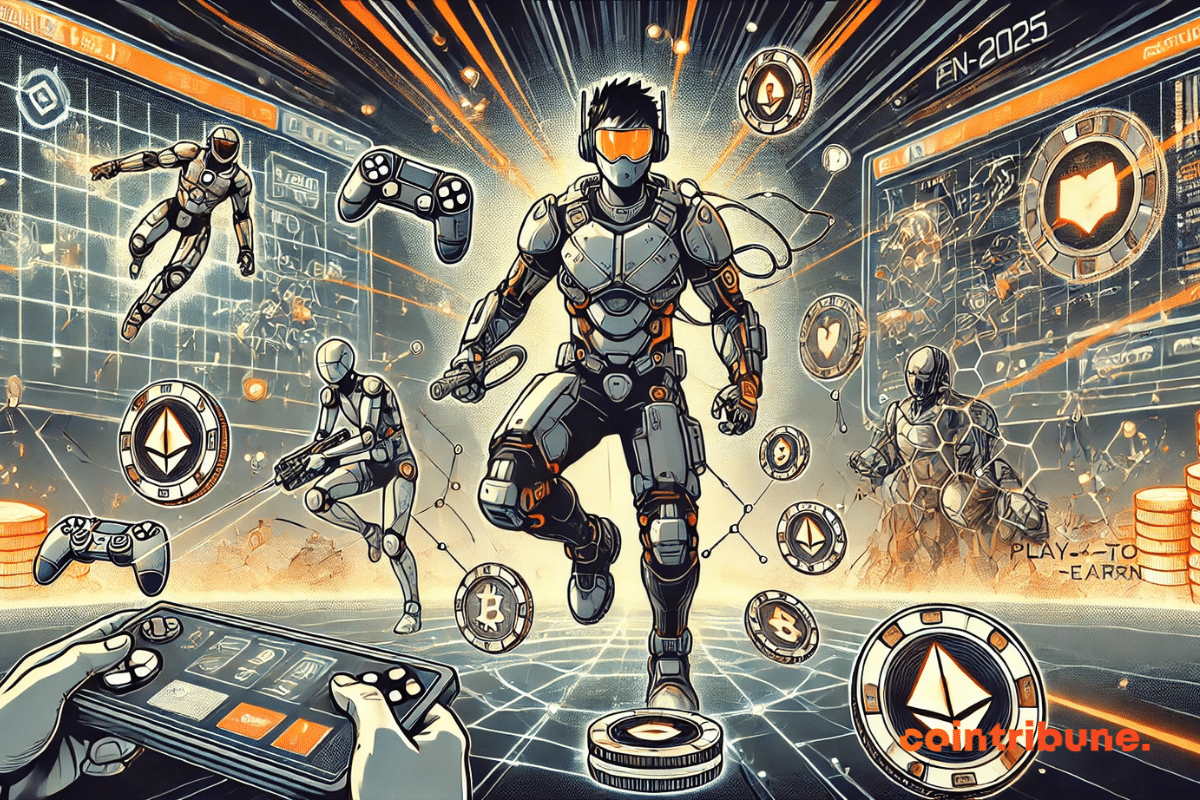The video game industry has undergone rapid evolution. 3D graphics, online gaming, and virtual reality have transformed the player experience. Each advancement has pushed the boundaries of interactive entertainment. Today, a new revolution is underway. Blockchain introduces decentralization, digital ownership, and innovative economic models. It allows players to truly own their in-game assets and fosters new economic interactions. Its potential goes beyond gaming by bringing more transparency and autonomy to users. This article explores the impacts of this technology on the video game industry and explains why it is redefining the rules of the game.
Archive April 2025
Web3 gaming is based on blockchain, NFTs, and cryptocurrencies. Unlike traditional games, it offers true ownership of digital assets and promotes decentralized economies. The rise of Web3 is transforming the video game industry. Many studios are exploring this technology to create interactive experiences. The growing adoption of blockchains enhances transparency and strengthens player engagement. This article explains how Web3 gaming works. It details its technologies, business models, and challenges. It also explores the future perspectives of this industry in the Web3 era.
Video games have evolved from the early consoles to connected virtual worlds. Innovations have transformed the player experience by integrating online features and virtual economies. Web3 brings a new revolution. It is based on blockchain, decentralization, and true ownership of digital assets. This technology enables players to control their items and interact directly with the game economy. This article explores the advantages of Web3 gaming. It highlights the opportunities available to players, particularly in terms of ownership, monetization, interoperability, and community engagement.
Web3 gaming relies on blockchain and decentralization. It allows players to own digital assets and interact directly with the game's economy. This approach is transforming the video game industry by offering more transparency and control to users. Interoperability plays a key role in this ecosystem. It enables players to use their virtual items across multiple compatible games. This innovation promotes continuity of experiences and enhances the value of digital assets. This article explores the importance of interoperability in Web3 gaming. It analyzes its benefits for players, its technical challenges, and the obstacles that developers must overcome to make it more accessible.
Smart contracts automate the execution of game rules without intermediaries. They ensure transparency, security, and immutability of transactions. In blockchain games, these contracts allow players to truly own their digital assets. Developers integrate this technology to enhance trust and prevent fraud. The blockchain eliminates risks of data manipulation and alteration. Smart contracts facilitate exchanges between players and create automated reward mechanisms. Their adoption is transforming the gaming industry and offering a new decentralized economy. These innovations pave the way for fairer gaming experiences. This article provides an overview.
NFTs (Non-Fungible Tokens) are transforming digital ownership. They ensure the uniqueness and authenticity of virtual assets on the blockchain. This technology is gradually establishing itself in the gaming industry by introducing new economic models. NFT games allow players to own and exchange virtual items outside traditional platforms. This evolution is changing the interactions between players and developers. This article explores the benefits of NFTs, their challenges, community criticism, and their future prospects. This analysis highlights their impact on the video game industry and upcoming trends.
Web3 gaming relies on blockchain technology to offer a more transparent and autonomous gaming experience. This technology securely records digital assets and transactions. Web3 promises decentralization by eliminating intermediaries and granting players true ownership of their virtual items. On their part, NFTs and smart contracts ensure this autonomy and promote an open economy. However, this decentralization remains theoretical in many cases, as some games retain centralized elements. This article explores the reality of Web3 gaming by analyzing its actual level of decentralization.
Cryptos play an important role in Web3 gaming. They facilitate transactions, guarantee ownership of digital assets, and support new economic models. Players can safely buy, sell, or trade virtual items thanks to blockchain technology. Each game uses specific cryptos to ensure its smooth operation. Some serve as governance tokens, while others enable the purchase of assets or the payment of transaction fees. This article analyzes the main cryptocurrencies used in Web3 gaming. It explores their role, integration into games, and their impact on the evolution of the video game industry.
Web3 marks a significant transformation of the Internet. It relies on decentralized technologies like blockchain to provide users with greater autonomy. This approach alters data management and strengthens digital ownership. In the video game industry, Web3 introduces innovative platforms and games. These new infrastructures grant players complete control over their assets and allow for the emergence of open virtual economies. Web3 games disrupt traditional models by integrating NFTs, cryptocurrencies, and smart contracts. This article analyzes these advancements, explains how they work, and examines their influence on the future of gaming.
Play-to-Earn (P2E) allows players to earn tokens or NFTs that can be traded on specialized marketplaces. This model is based on blockchain technology, which ensures transparency of transactions and real ownership of digital assets. Unlike traditional games, it offers an open economy where players can freely sell or use their earnings. With the rise of cryptocurrencies, P2E is transforming the gaming industry by integrating a financial dimension. This article presents the best Play-to-Earn games in 2025. It explores the blockchains and platforms that support them and analyzes the challenges, opportunities, and prospects of Web3 gaming.
